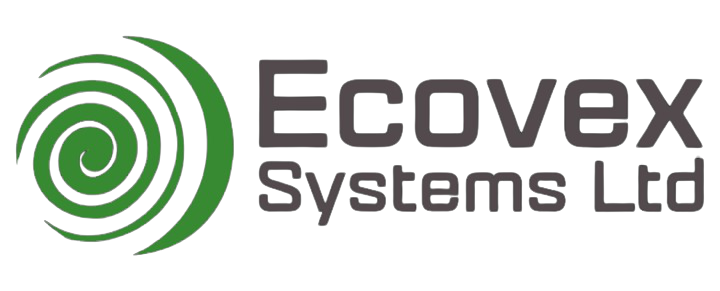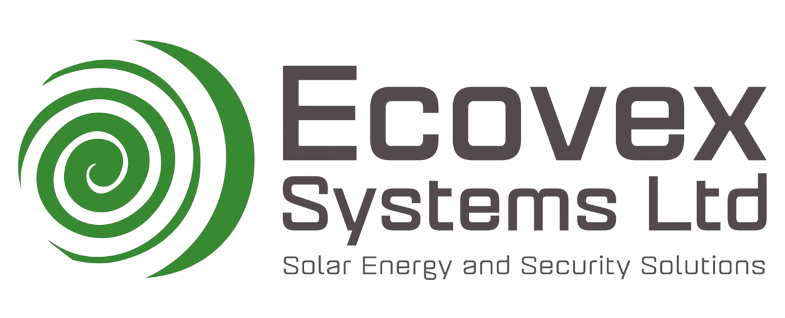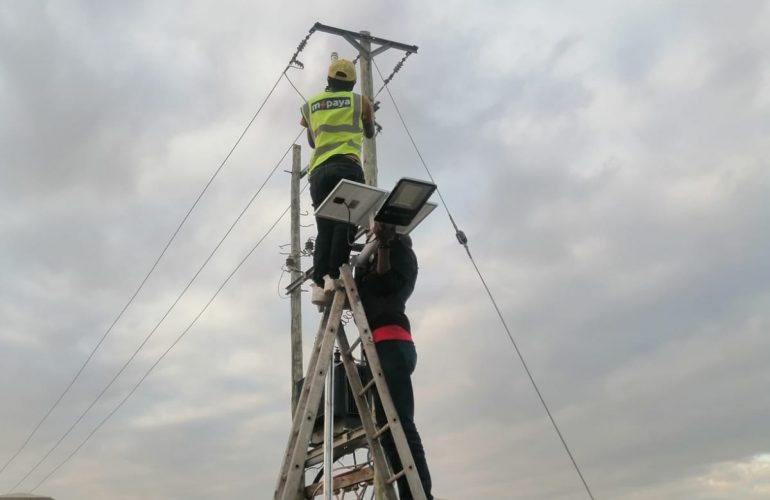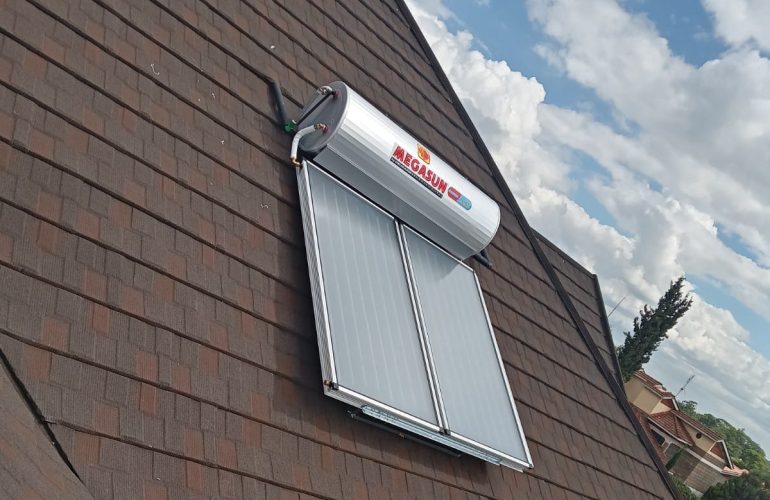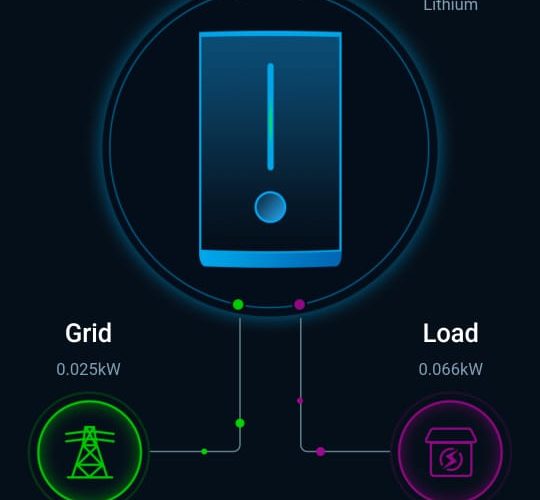Introduction
As energy prices continue to rise and sustainability becomes a priority for homeowners and businesses alike, solar water heating systems are gaining popularity in Kenya and across the world. In 2025, these systems offer one of the simplest yet most impactful ways to reduce your electricity bills, lower your carbon footprint, and invest in long-term efficiency.
Whether you’re looking to upgrade your residential setup or improve your commercial facility, solar water heaters are a practical and eco-friendly solution that delivers real value.
1. What Is a Solar Water Heating System?
A solar water heating system uses the sun’s energy to heat water through specially designed solar collectors, which are typically mounted on a rooftop. These collectors absorb heat from sunlight and transfer it to a water storage tank. The system often includes an insulated tank to keep water hot even during cloudy days or at night.
Unlike electric water heaters, solar systems use renewable energy — and once installed, the heat from the sun is completely free.
2. Rising Energy Costs Demand Smarter Choices
Electricity prices in Kenya have seen significant increases in recent years. Water heating, especially in homes with multiple occupants or facilities like hotels, hospitals, or schools, can contribute to high monthly bills. A solar water heating system helps reduce your reliance on grid electricity, cutting those bills by up to 60–80% depending on usage.
By investing in solar today, you protect yourself from future price hikes and gain energy independence.
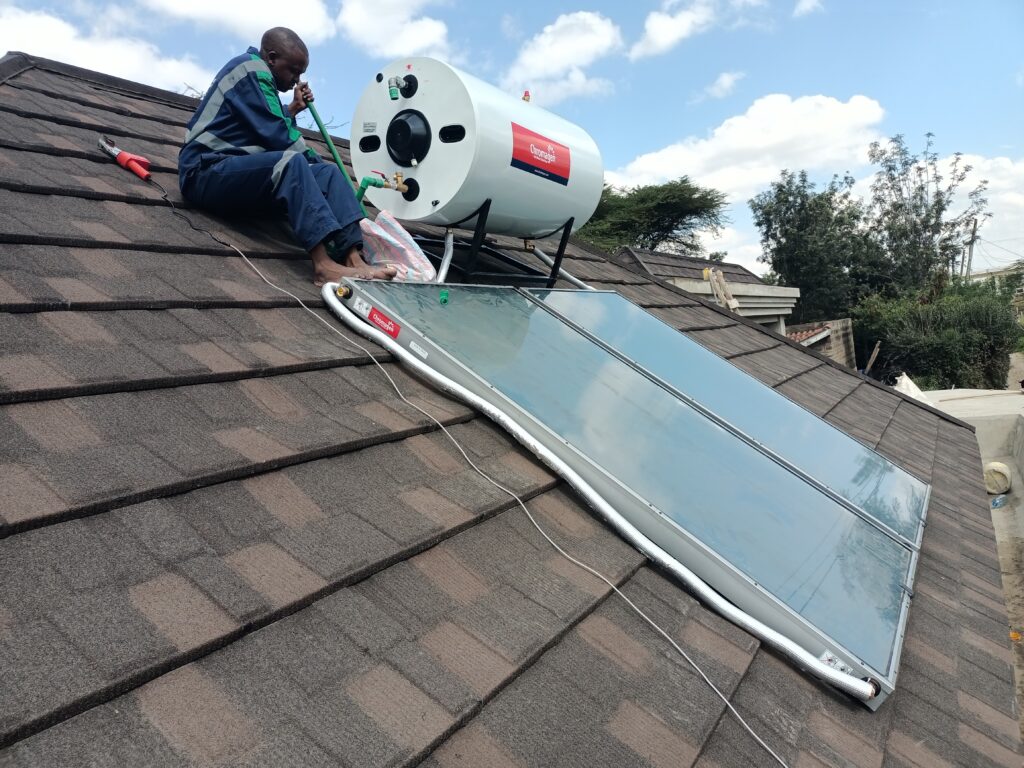
3. Environmental Benefits That Make a Difference
Every time you switch on an electric water heater, fossil fuels are likely being burned somewhere to generate that power. Solar heating, on the other hand, is clean and renewable. By installing a solar water heater, you’re significantly reducing your carbon footprint and contributing to a healthier environment.
For businesses, this also offers strong branding value — showcasing a commitment to sustainability is a powerful message to eco-conscious customers and stakeholders.
4. Government Support and Compliance
The Kenyan government has taken major steps to promote solar adoption. Under current regulations, buildings consuming more than 100 liters of hot water per day are required to install solar water heating systems. Tax incentives and regulatory support are also helping homeowners and developers make the switch more affordably.
This makes 2025 the perfect time to act, before policies tighten further and prices increase due to demand.
5. Low Maintenance, Long-Term Value
Modern solar water heaters are built to last, with durable materials and minimal maintenance needs. Once installed, these systems often serve efficiently for 15–20 years with only periodic servicing. This reliability makes them a smart investment, especially when compared to the frequent repairs and replacements of electric heating systems.
6. Why Choose Ecovex Systems Ltd for Your Installation
At Ecovex Systems Ltd, we deliver tailor-made solar water heating solutions based on your needs, usage patterns, and roof orientation. Our experts assess your property, recommend the right system size, and ensure precise installation for optimal performance.
With a strong track record and commitment to quality, we’ve helped homeowners, schools, hospitals, and commercial buildings across Kenya transition to solar with confidence.
Conclusion
In 2025, solar water heating is no longer a luxury — it’s a smart financial and environmental decision. With rising utility costs, regulatory encouragement, and a clear push toward green energy, now is the best time to invest in solar.
Let Ecovex Systems Ltd help you make the switch. We’re here to offer reliable, cost-effective, and sustainable solutions that serve you well into the future.
